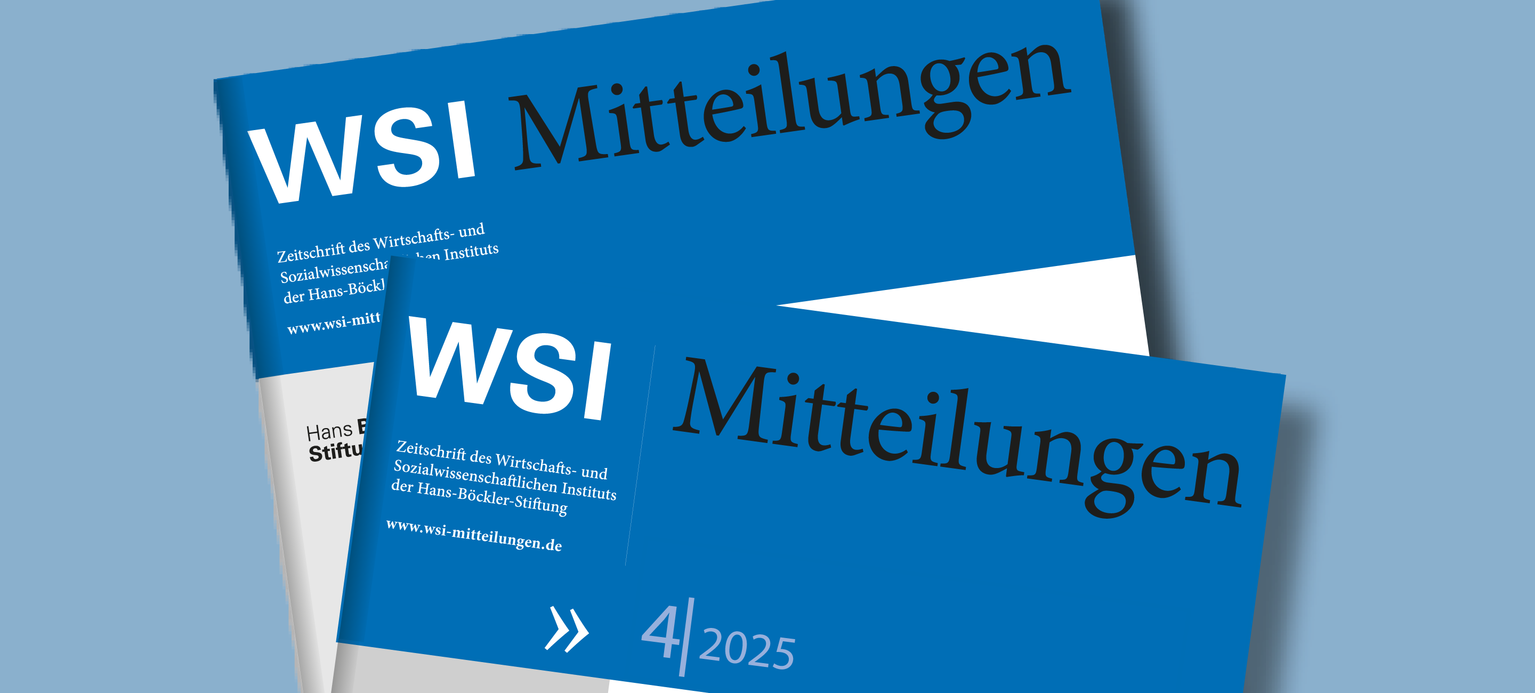Erlinghagen, Marcel / Mansfeld, Lisa : Aus- und Rückwanderung deutscher Arbeitskräfte. Droht eine Verschärfung des Fachkräftemangels?
DOI: 10.5771/0342-300X-2025-4-304
Seiten 304-311
Zusammenfassung
Auf Basis der Daten der German Emigration and Remigration Panel Study (GERPS) untersucht der Beitrag Ausmaß und Folgen der internationalen Migration deutscher Arbeitskräfte. Die Ergebnisse zeigen, dass es kaum zu dauerhaften Verlusten kommt, sondern die Abwanderung deutscher Fachkräfte ins Ausland vielfach ein temporäres Phänomen ist. Die allermeisten Ausgewanderten kommen nach einigen Jahren zurück. Diese zirkuläre Migration geht häufig einher mit verbesserten Arbeitsbedingungen (Lohn, Aufstiegschancen, Autonomie) im Ausland ebenso wie nach der Rückkehr nach Deutschland. Es ist davon auszugehen, dass die Rückgewanderten neues Wissen und neue Fertigkeiten mit nach Deutschland bringen, wovon auch und gerade Unternehmen profitieren sollten. Allerdings kommt es insgesamt zu einem Nettoverlust von Arbeitskräften, der sich für einzelne Berufsgruppen unterschiedlich darstellt. Gleichwohl ist gemessen am Gesamtvolumen der Berufsgruppen dieser Verlust von untergeordneter Bedeutung. Hier gilt es, in Zukunft stärker die Abwanderung ausländischer Fachkräfte in den Blick der Forschung und des politischen Interesses zu rücken, die quantitativ wesentlich bedeutsamer sein dürfte.
Schlagworte: abhängig Beschäftigte, Internationalisierung, Emigration, Mobilität, Fachkräftemangel
Abstract
Based on data from the German Emigration and Remigration Panel Study (GERPS), the article examines the extent and the consequences of international migration of German workers. The results show that there are hardly any permanent losses, but that the emigration of German skilled workers abroad is often a temporary phenomenon. The vast majority of emigrants return after a few years. This circular migration is often accompanied by improved working conditions (salary, promotion opportunities, autonomy) both abroad and after returning to Germany. It can be assumed that the returnees bring new knowledge and skills back to Germany, not least to the benefit of companies. However, there is a net loss of workers overall, which varies for individual occupational groups. Nevertheless, measured against the total volume of these occupational groups, this loss is of minor importance. In future, research and political interest should focus more on the emigration of foreign skilled workers, which is likely to be much more significant in quantitative terms.
